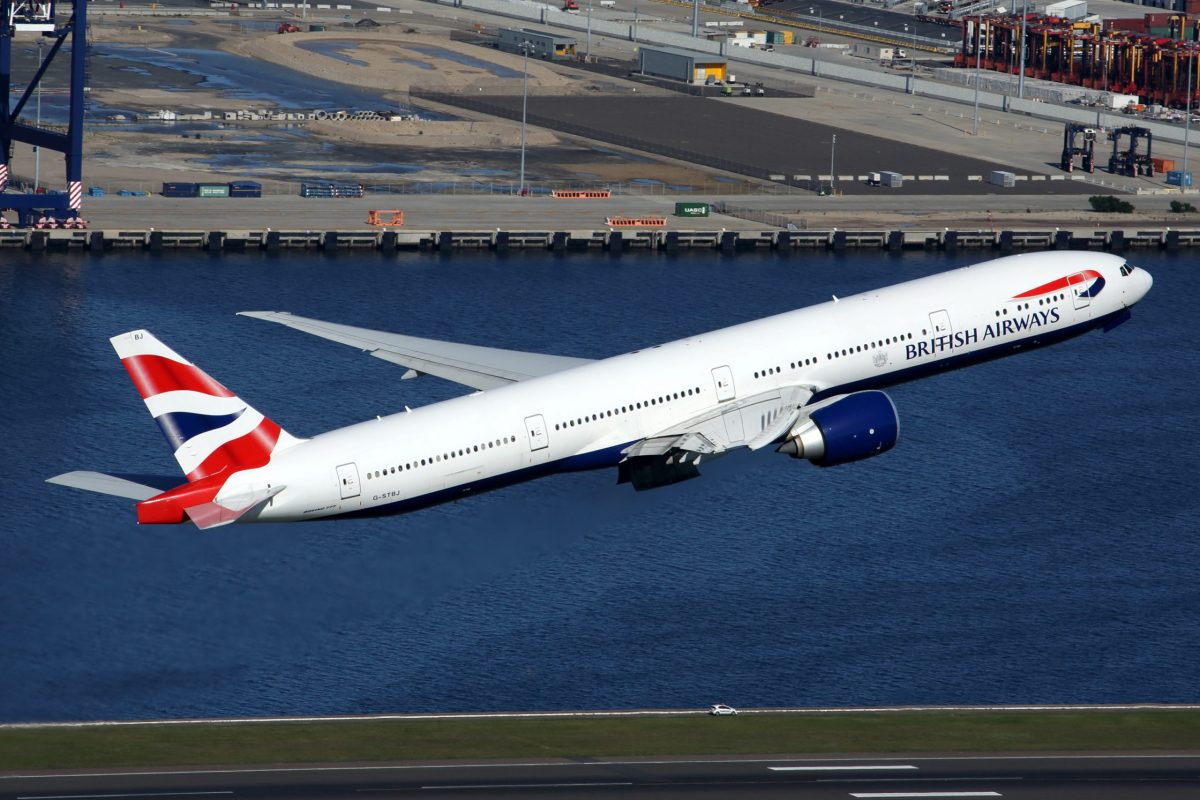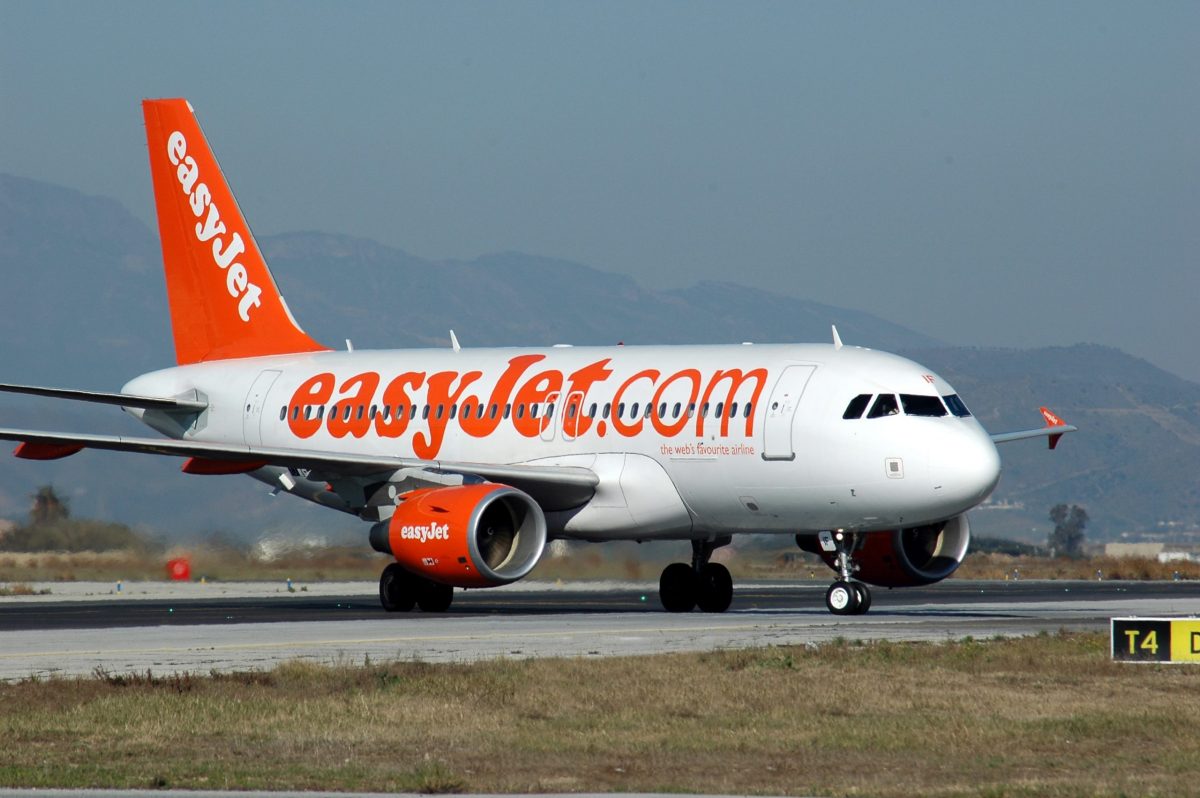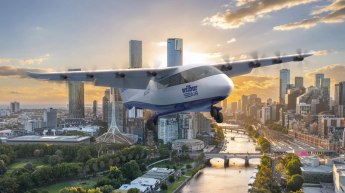In a push to combat air travel’s contribution to the climate crisis, members of the UK based Sustainable Aviation Coalition have collectively vowed to reach net zero carbon emissions by 2050.

With aviation executives signing a pledge on 4 February – in the presence of the UK’s transport secretary Grant Shapps MP – the coalition has signalled a flight-path that follows a “Decarbonisation Road Map,” designed to achieve a greener and more sustainable aviation future.
Sustainable Aviation was formed in 2005 as a world-first attempt at bringing together the UK’s airports, airlines, manufacturers and aviation business partners with a goal to deliver a cleaner aviation industry.
The coalition says it undertakes: “work to communicate the role of aviation in society in order to support a better understanding of our contributions and how we are delivering cleaner, quieter, smarter flying.”
In order to achieve positive change, the group focuses on six key areas of influence.
These range from environmental factors such as Climate Change, Air Quality and the sustainable use of natural resources – to addressing socio-economic concerns, surface access such as public transport, as well as addressing noise issues – a particular concern at London’s largest hub at Heathrow.
Membership includes leading UK airlines British Airways, Virgin Atlantic, TUI Group and EasyJet.

A host of Airports are represented, with Heathrow, Gatwick, Birmingham, Bristol, Edinburgh and Glasgow just a few of those on the membership list.
Additionally, manufacturers such as Airbus, Boeing and Rolls Royce as well as aviation support services the likes of dnata and BP are represented.
With a diverse array of organisations on board representing various parts of the UK’s aviation sector, Sustainable Aviation’s success in penning a commitment to achieve net zero emissions sends strong signals to the global aviation sector – which according to Air Transport Action Group (ATAG) data, added 915 million tonnes of CO2 into the atmosphere in 2019. Such output accounted for 2% of total human emissions.
The coalition says it will achieve its 2050 target by working to a decarbonisation road map that identifies areas where reductions in emissions can be achieved. This includes: “smarter flight operations, new aircraft and engine technology, modernising UK airspace, the use of sustainable aviation fuels, and high-quality market-based policy measures.”
Through such actions, Sustainable Aviation believes that the UK aviation sector can achieve its projected 70% growth in passenger numbers while: “reducing net emissions from 30 million tonnes of CO2 per year today down to zero.”
Of the pledge, Neil Robinson, Chair of Sustainable Aviation, commented: “Climate change is a clear and pressing issue for people, businesses and governments across the world. We know aviation emissions will increase if decisive action is not taken, and that’s why UK aviation today commits to achieving net zero carbon emissions by 2050, through an international approach, working with governments around the world and through the UN.
The UK’s secretary of state for Transport, Grant Shapps MP echoed Robinson’s comments, adding: “Aviation has a crucial role to play in reducing carbon emissions, and with the help of new technologies, renewable fuels and our continued international co-operation through the UN agency, the International Civil Aviation Organisation, we’ll be able to strike that balance, creating a greener and cleaner future.”
While taking a leadership role in reducing aviation’s impact on global warming, it is not alone. Globally, increasingly bold steps are being taken to reduce the impact air transportation has on CO2 emissions.
In Sweden, air travel declined in 2019 amid a phenomenon known as ‘flight shaming’ – a movement that took off in 2017 when singer Staffan Lindberg committed to give up air travel.
Such activity – that sees disapproval of air travel lead to alternative modes of transport being sought – contributed towards a drop in Swedish domestic air travel last year; which was already being impacted by the air tax introduced by the Swedish government in April 2018.
Airlines around the world are taking independent steps to reduce their carbon footprint, with Finnish carrier Finnair flying from San Francisco to Helsinki utilising a biofuel blend in August 2019.
Last month, Etihad committed to achieve zero net carbon emissions by 2050, while Frontier is leading US carriers in the battle to reduce carbon pollution, with the International Council on Clean Transportation noting the airline as the most fuel-efficient domestic carrier in the United States in 2017 and 2018.
Closer to home, The Qantas Group announced in November its intention to double the number of flights attracting carbon offsets, with net emissions to be capped from 2020 onwards – the first airline group to make such a commitment. Additionally, the carrier became the second airline globally to commit to zero net emissions by mid-century.
These moves followed the airline’s February 2019 pledge to cut its 30,000 tonnes of annual waste, with a 75% goal by 2021.
This will be achieved as the airline phases out over 100 million single-use plastic items per annum. Items include replacing 21 million coffee cups, 30 million cutlery sets and 45 million plastic cups in a move the airline said will: “reduce waste to landfill by 30 per cent by 2020.”
















John
says:The Australian government needs to take climate change seriously!
ssh
says:Whilst I would love for this to be achieved it is absolutely not going to happen. Who are they kidding?
This is just a case of the incumbent beating their chest to sound good. They know they won’t be in the job in 2050 to face the failure.